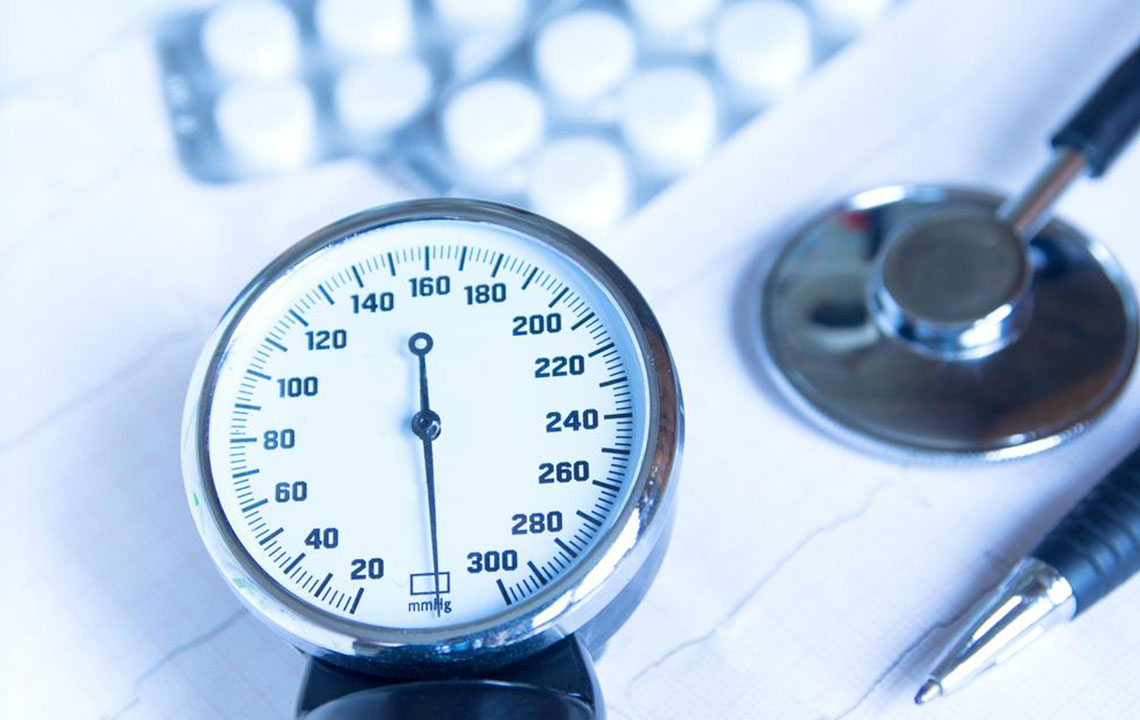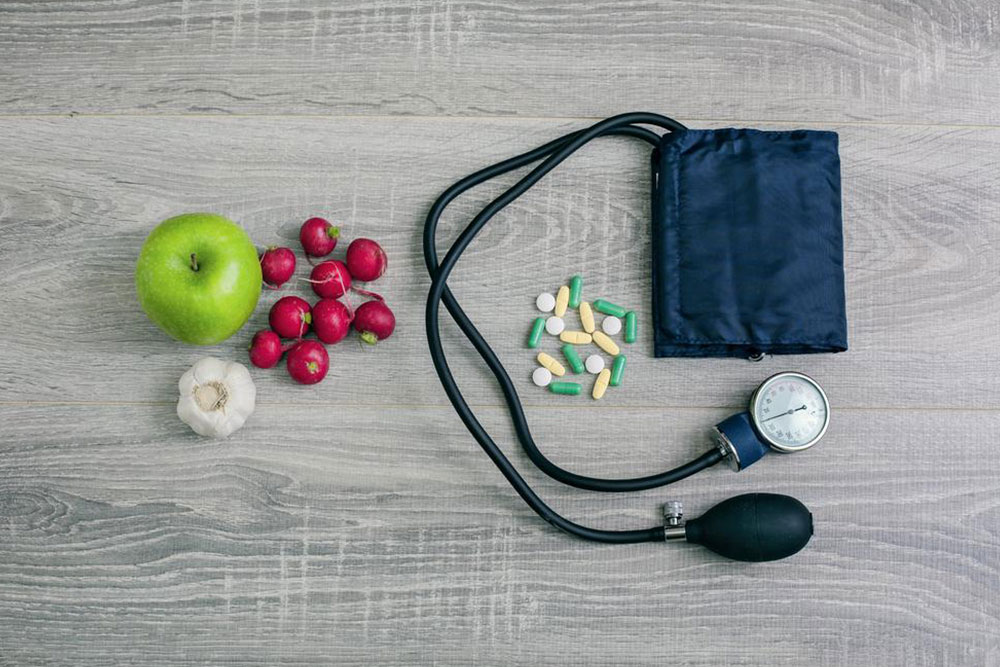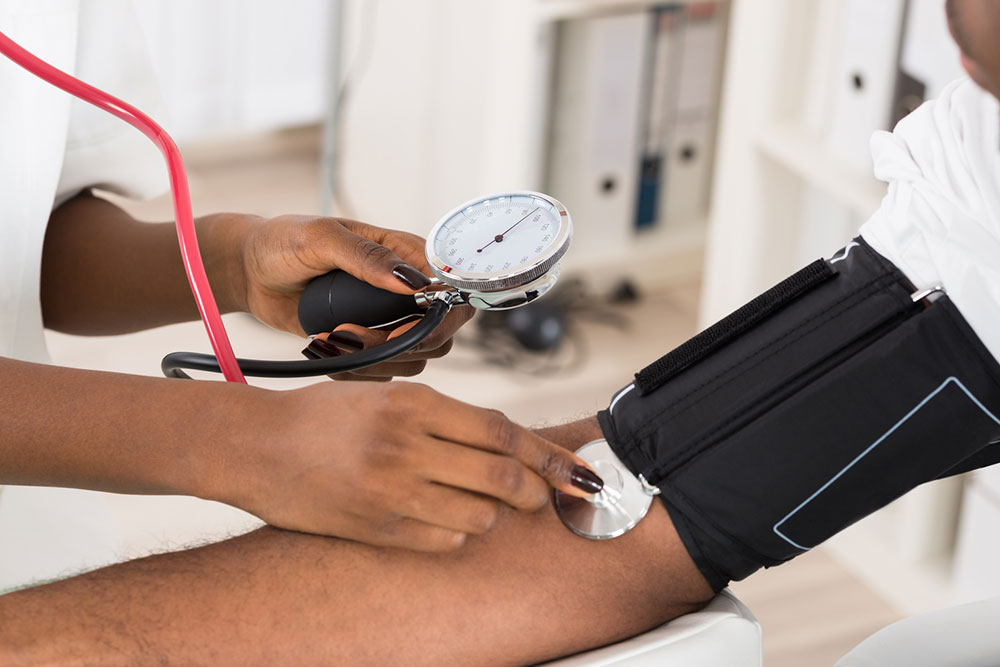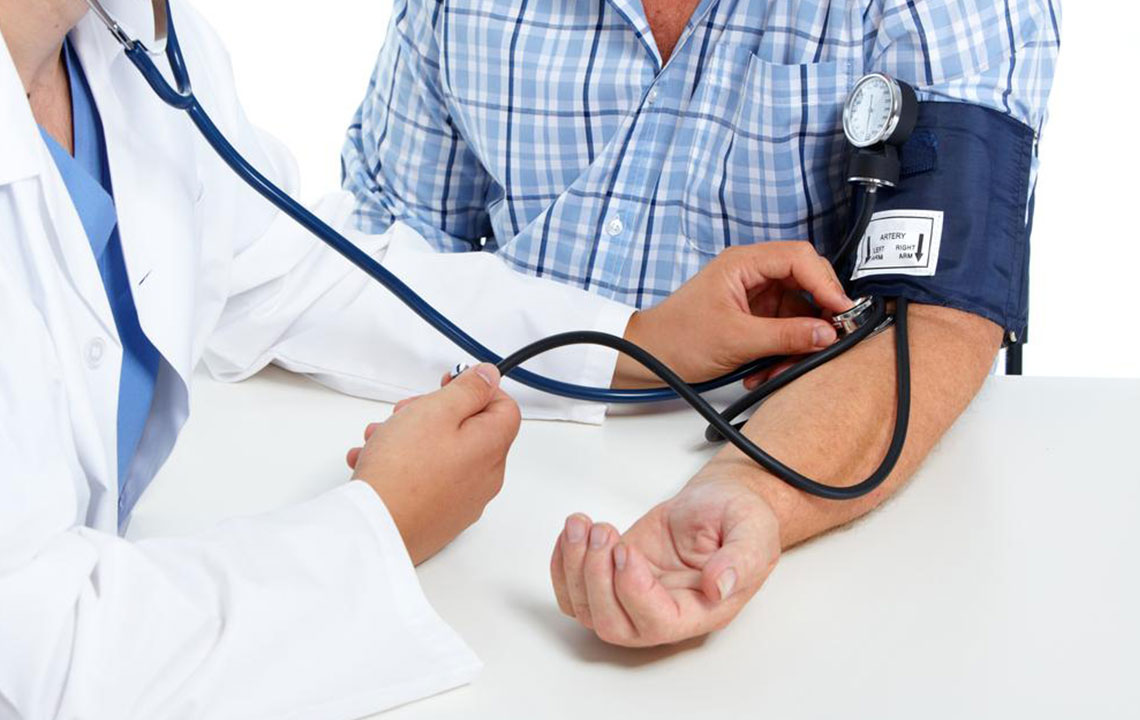Effective Natural Methods to Control Blood Pressure and Promote Heart Health
Discover comprehensive natural strategies to control blood pressure, including diet, exercise, and herbal remedies. Learn how lifestyle changes can significantly reduce health risks associated with hypertension and promote heart health for all ages.
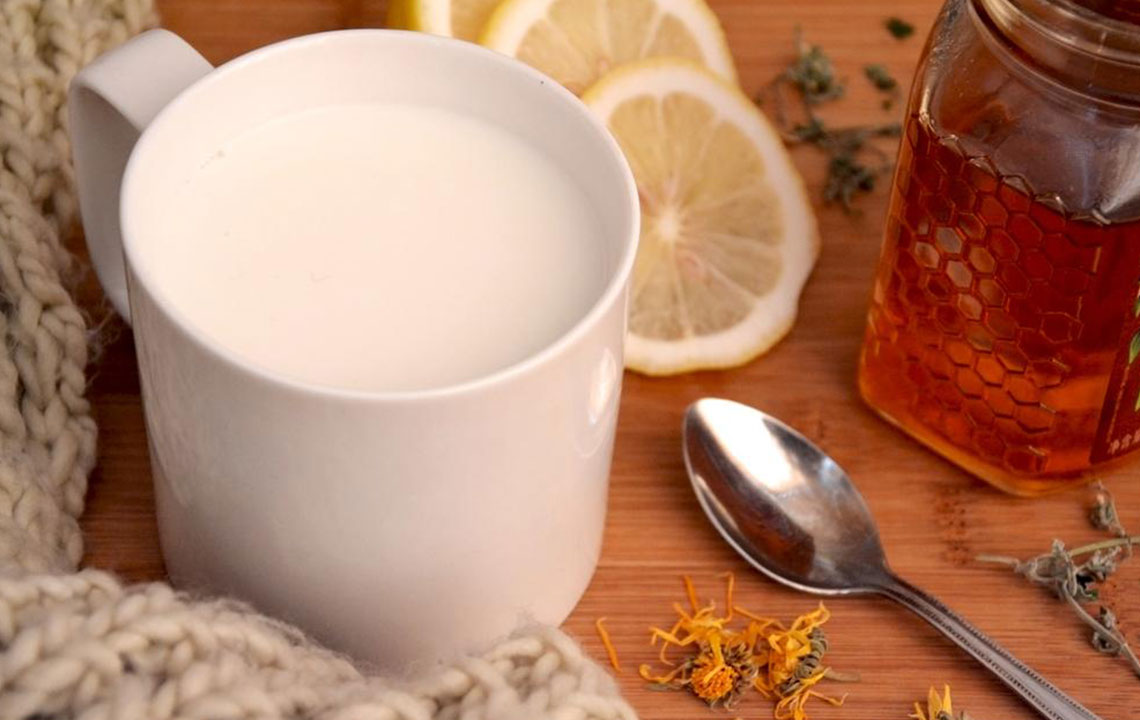
Effective Natural Methods to Control Blood Pressure and Promote Heart Health
High blood pressure, or hypertension, is a major health concern affecting populations worldwide. Recent statistics reveal that approximately 15% of all deaths in many countries are directly linked to unmanaged blood pressure levels. Hypertension exerts significant stress on the cardiovascular system, increasing the risk of strokes, heart attacks, kidney diseases, and cognitive decline. According to data from the American Heart Association, nearly 28% of adults are affected by hypertension, emphasizing its prevalence and danger. Failing to manage blood pressure fluctuations can lead to serious, sometimes life-threatening, health complications, impacting vital organs such as the kidneys, brain, and heart. The good news is that adopting certain natural strategies and lifestyle modifications can effectively regulate blood pressure, reducing the need for medication in many cases. These approaches focus on sustainable habits that promote overall cardiovascular health and wellness.
Regular health monitoring combined with a healthy lifestyle is the foundation of blood pressure management. The key is to understand the importance of maintaining balanced habits that support heart health through natural means, alongside medical advice when necessary. This comprehensive guide explores proven natural methods to manage blood pressure effectively, helping individuals lead healthier, longer lives.
Engaging in moderate physical activity, such as brisk walking or gentle jogging, for at least 30 to 60 minutes daily, has been shown to significantly lower blood pressure levels—by approximately 4 to 9 mmHg. It is advisable to consult with a healthcare professional before beginning any new exercise regimen, especially for individuals with existing health conditions. Incorporating a diet rich in fruits, vegetables, and low-fat options is crucial. Consuming fewer processed and fried foods, which are high in unhealthy fats and sodium, can reduce blood pressure readings by up to 14 mmHg. Additionally, reducing sodium intake is vital; adults should aim for less than 2,300 milligrams of sodium daily, with an ideal target of 1,500 milligrams for those with hypertension. Maintaining a healthy body weight is another essential factor—excess weight strains the heart and elevates blood pressure—thus, adopting a calorie-controlled, nutrient-dense diet and engaging in regular physical activity are beneficial strategies.
Substance use, particularly nicotine from smoking and excessive alcohol consumption, is linked to elevated blood pressure. Quitting smoking and limiting alcohol intake can have immediate and long-term positive effects on vascular health. Managing stress through relaxation techniques such as yoga, meditation, or deep breathing exercises also contributes to blood pressure control, as chronic stress triggers hormonal responses that elevate blood pressure. What we eat plays a crucial role; consuming hypertensive-friendly foods such as white beans, plain yogurt, tilapia, kiwifruit, peaches, kale, red bell peppers, broccoli, sweet potatoes, quinoa, and avocados can support healthy blood pressure levels. Conversely, avoiding fried, greasy, and salted foods also helps prevent spikes in blood pressure and reduces the risk of associated conditions.
The importance of blood circulation cannot be overstated. Proper blood flow ensures oxygen and nutrients reach tissues and organs while waste products are removed efficiently. High blood pressure causes the heart to work harder, which can damage the arterial walls and contribute to cholesterol buildup, leading to atherosclerosis—a primary cause of heart attacks and strokes. Embracing a healthy lifestyle with balanced nutrition and regular physical activity can mitigate these risks. Traditional natural remedies also play a role; herbal teas like hibiscus have been shown to help lower blood pressure naturally. Coconut water, rich in potassium and magnesium, supports electrolyte balance and vascular function. Fish oil supplements containing omega-3 fatty acids have anti-inflammatory properties that benefit heart health. Herbs like hawthorn improve capillary strength and glucose metabolism, while garlic and watermelon are popular natural options to help reduce hypertension. These solutions are non-invasive and often have fewer side effects compared to pharmacological treatments.
Monitoring blood pressure regularly is particularly important for older adults, who are more susceptible to hypertension-related complications. Routine checkups enable early detection and management of high blood pressure. Before beginning any new exercise or dietary plan, consulting healthcare professionals ensures personalized and safe approaches. Age-appropriate physical activities, tailored to individual health status, help prevent injuries and promote endurance. Qualified nutritionists can provide tailored diet plans designed to support cardiovascular health and weight management. While medications are available for controlling high blood pressure, they should always be taken under medical supervision. Importantly, high blood pressure impacts people of all ages—including young adults and children—making early screening and ongoing lifestyle modifications essential for everyone. Embracing natural methods, combined with medical advice and regular health monitoring, empowers individuals to manage hypertension effectively and enhance overall well-being.
